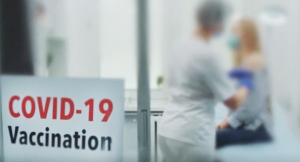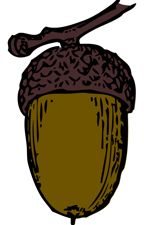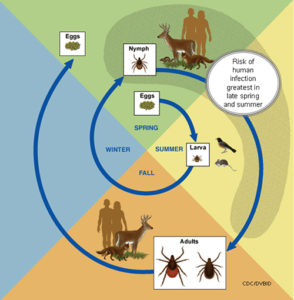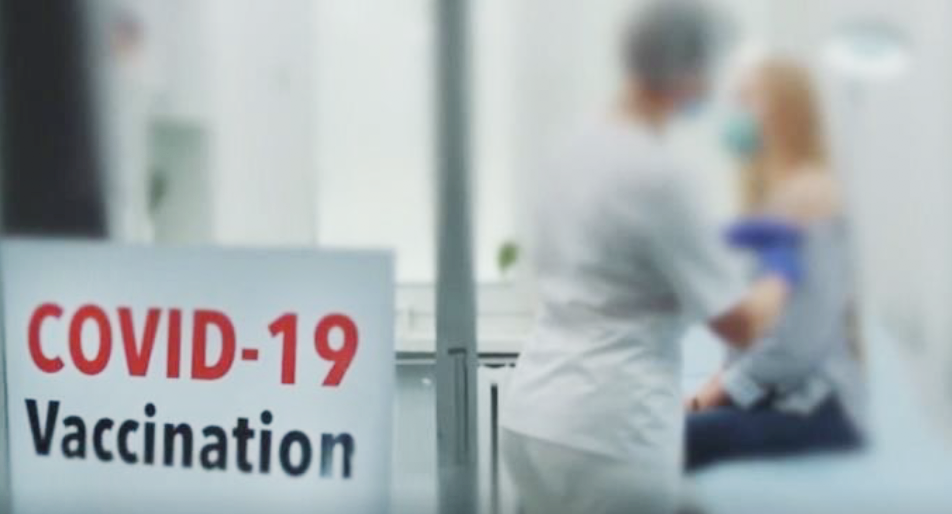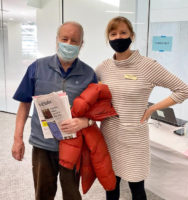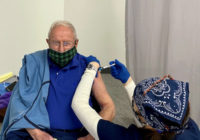By Dr. Steven Kanner
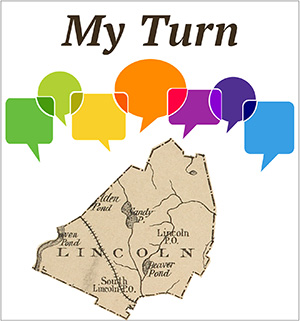
Although I run unopposed for the Lincoln Board of Health this year, some policy and personal information may still be of interest to voters.
I have been privileged to serve on our Board of Health since 2013. My work, along with that of my colleagues Dr. Fred Mansfield and Trish Miller, is to keep Lincoln residents safe as possible from infectious diseases, environmental dangers, and other health hazards, as well as to provide informed, science-based counsel around any health issues of community relevance.
Originally, I was asked to join the board after engaging in public discussion about the public health importance and safety of using low levels of water fluoridation in the runup to the resounding vote of support at Town Meeting for community water fluoridation that year.
During the early Covid-19 pandemic, just five years ago this month, we faced a rapidly spreading severe disease for which we had no tests, no treatment, and no prevention, while the initial Massachusetts death rates from Covid were an astonishing 5%. This was a scary and very fraught time.
More recently:
- I worked with other board members to simplify septic approvals, saving time and money for homeowners.
- I took the lead to arrange for radon meters to be available free for home testing (with the major aid of another Lincoln resident) and wrote educational materials about our significant radon risk in Lincoln.
- I wrote science-based informational materials on disease and vaccination relative risks for the Board of Health website (“Influenza and Covid-19 Vaccine Risk and Benefit in 2024 – On Health and Health Care” in left-hand column).
Going forward, I plan to work with my other board members to widen our public health information initiatives to include home sanitation topics such as kitchen cleanliness and proper maintenance of septic systems, while maintaining our primary focus on community infectious diseases and environmental risks.
My qualifications for this public health role include education at Harvard College (A.B.) and Harvard Medical School (M.D.), an MBA from the MIT Sloan School of Management, several years work in the U.S. Public Health Service and in Massachusetts state government improving mental health medical systems, and 50 years of primary care medical practice. I have happily lived in Lincoln with my wife, Linda, since 1996, where we developed the Kanner Family Orchard to grow apples and peaches. We provide these to the Lincoln food pantry and Codman farm among other nearby nonprofit food organizations.
“My Turn” is a forum for readers to offer their letters to the editor or views on any subject of interest to other Lincolnites. Submissions must be signed with the writer’s name and street address and sent via email to lincolnsquirrelnews@gmail.com. Items will be edited for punctuation, spelling, style, etc., and will be published at the discretion of the editor. Submissions containing personal attacks, errors of fact, or other inappropriate material will not be published.



